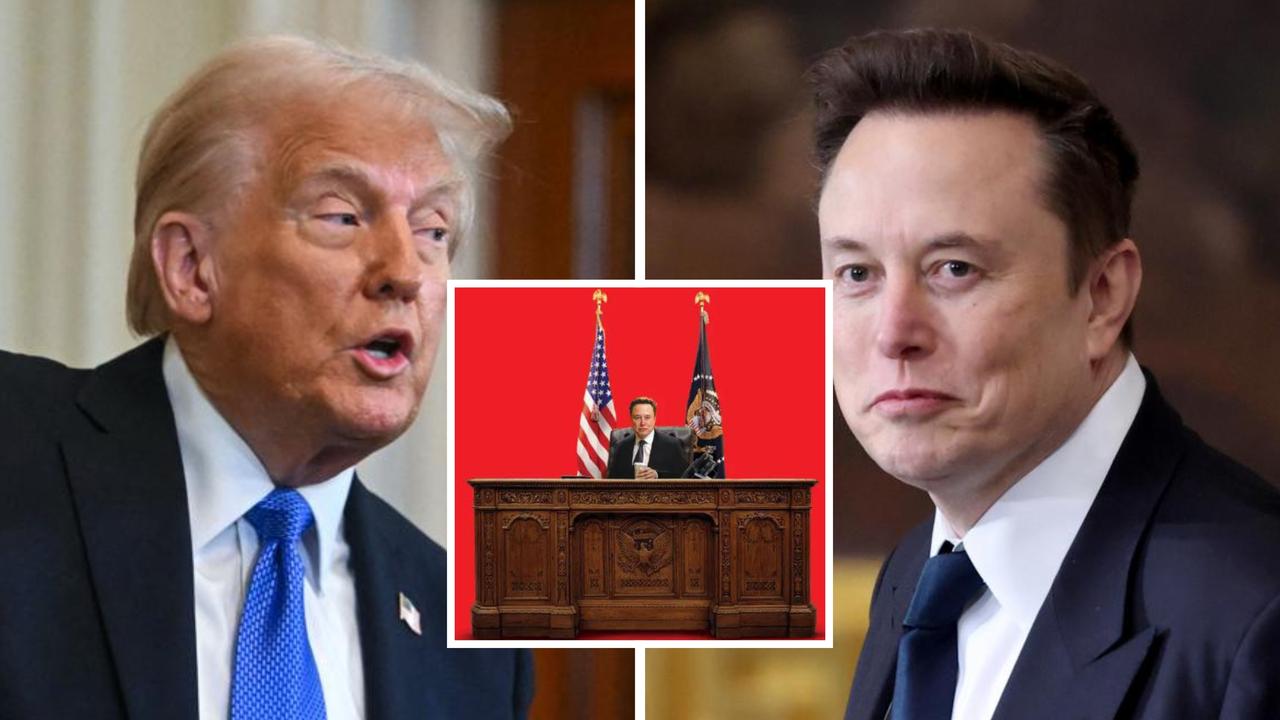‘Nightmare’ scenario: Bill Shorten exposes Labor to scare campaign
The government just suffered through a humiliating week — and yet Bill Shorten is on the defensive. He has just taken a gigantic risk.

Bill Shorten took a humungous gamble this week.
By supporting the medical evacuation bill and making it easier for asylum seekers to come to Australia for treatment, he exposed Labor to the prospect of a concerted scare campaign on border protection.
It has already started. Government ministers spent much of the week calling Mr Shorten soft on asylum seekers, warning the boats would start coming again under Labor and spreading the dubious claim that these new transfer rules will force it to bring serious criminals, such as rapists and paedophiles, to Australia.
The only question is whether that line of attack can be sustained until the election in May.
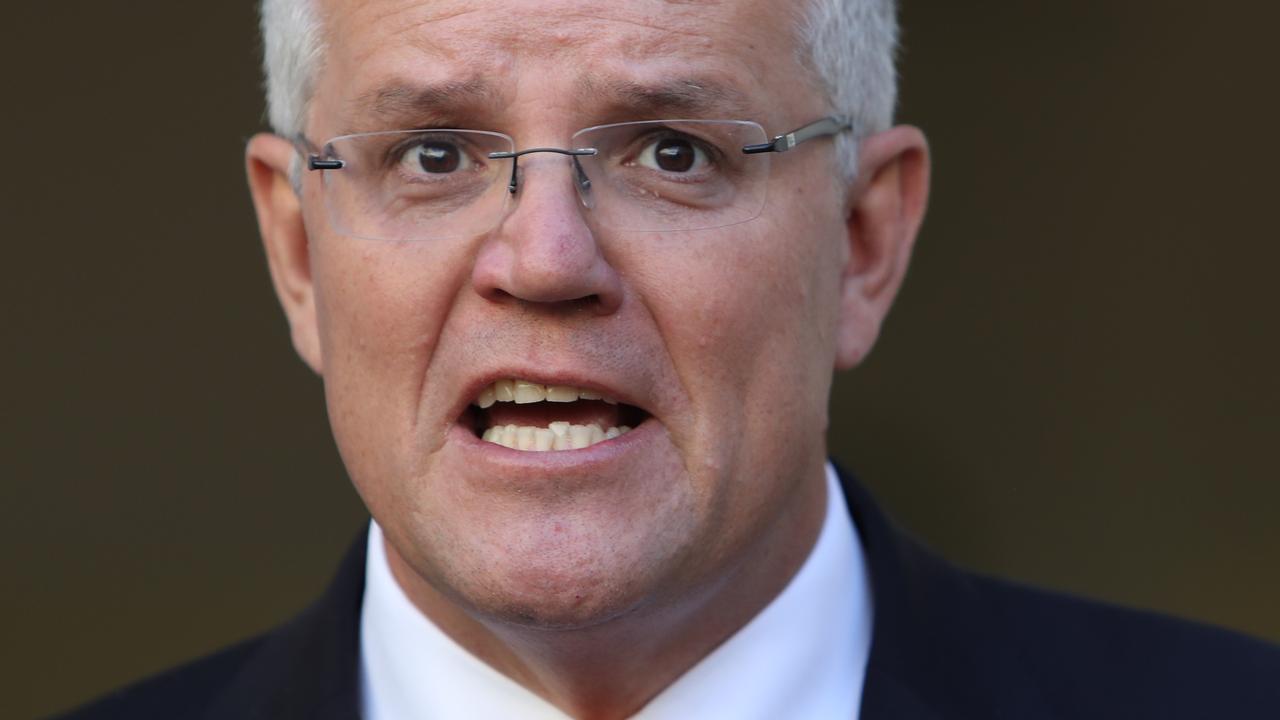
Mr Shorten should know how effective scare campaigns can be, even when they stretch the truth. He oversaw a remarkably successful one before the 2016 election — the so-called “Mediscare” campaign.
Labor told voters it would “save Medicare” from the government’s supposed plans to incrementally privatise the system — something Malcolm Turnbull repeatedly and explicitly promised he would not do.
And it worked.
A post-election poll by JWS revealed just how effective the campaign was. Thirty-eight per cent of voters said Medicare’s fate had been a key factor in their decision. Among those who made up their minds late in the campaign, that number was even higher.
It helped drive a large swing towards Labor at the election, which ended with a two-party margin of less than 1 per cent, and the government’s majority reduced to a single seat.
Could border protection play a similar role in this year’s election?
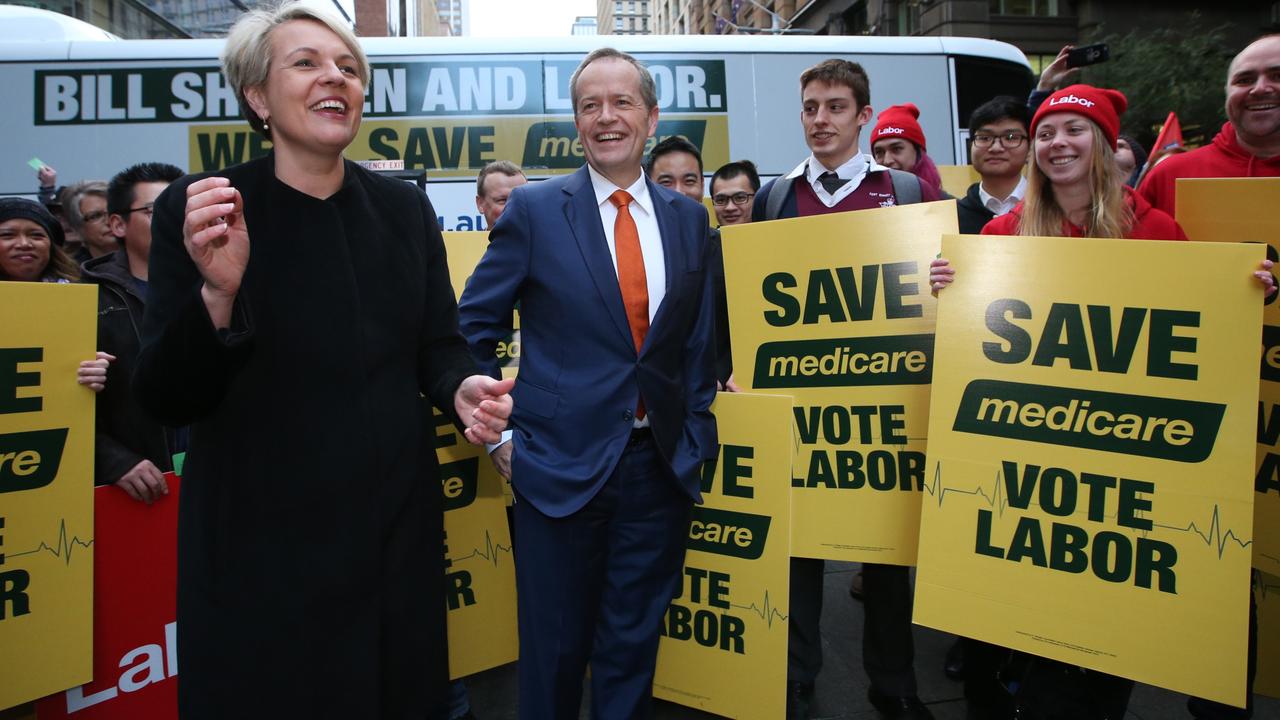
THE POWER OF FEAR
Voters always claim to despise negative campaigns, so why do politicians persist with them?
“The party strategists and political campaign experts know that scare campaigns work,” Nicholas Reece, a Principal Fellow at the University of Melbourne and host of the Sky News program PoliticsHQ, tells news.com.au.
Mr Reece was a senior adviser to prime minister Julia Gillard and Victorian premiers Steve Bracks and John Brumby.
“It’s much easier for a politician to say, ‘Don’t vote for the other guy because he’s a so-and-so, and he’s going to do something that will hurt you’, than it is to say, ‘I’m a good guy, and I’m going to do things that are good for you’,” he says.
“People are much more inclined to believe that a politician is going to do something to hurt them and their family than they are to believe a politician will help them. A message about something that could harm you is more powerful and more attention grabbing.
“Campaign experts know this, and they know they get much more bang for their buck out of those negative campaigns.”
At the 2016 election, almost 80 per cent of the money Labor spent on advertising went towards negative ads.
But both sides are guilty of resorting to negative campaigning.
The Coalition always says Labor will give the unions too much power.
Labor inevitably claims the Coalition will cut funding to schools and hospitals.
Tony Abbott relentlessly warned voters about “Labor’s great big new tax on everything”.
And of course, there is border protection — an issue Mr Abbott used to great effect. Before that, it helped propel John Howard to an unlikely election win in 2001.
“I think history would show that irregular maritime arrivals do have a lot of potential as a potent issue to campaign around for the Liberals,” Mr Reece says.
“Just look at what happened in 2001 with the Tampa.
“They were not in a good position going into that campaign, and there’s no doubt that sort of fear of boat arrivals was a very material factor in Liberal Party’s win.”
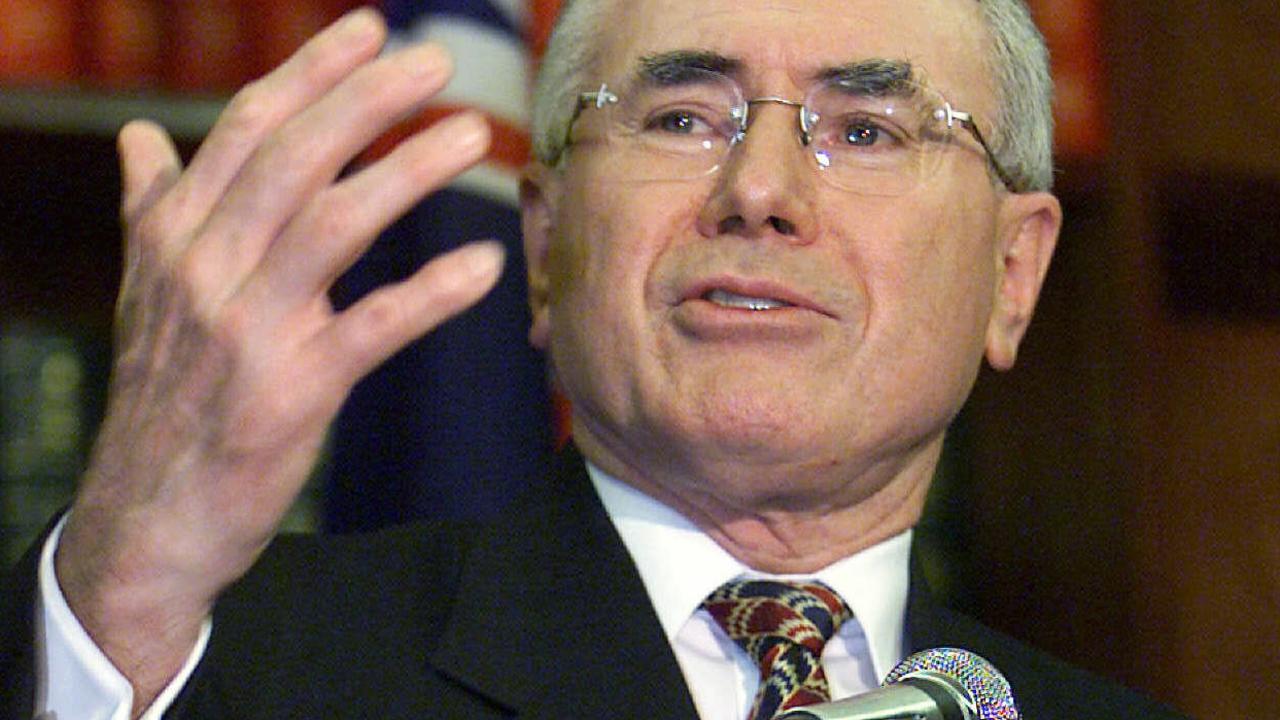
WHY MEDISCARE WORKED
Some scare campaigns are more effective than others.
“It needs to be plausible, and it helps if you can point to some evidence to support it,” Mr Reece says.
“Also, scare campaigns that directly affect you or your family are more potent than those that are immaterial, or where it’s hard to define the consequences.
“That’s why one of the arguments made by the Liberals on refugees is that they say these people are coming to your suburb, and they will lead to more congestion on the roads, and they will drive up crime in your area.”
The Mediscare campaign struck voters as plausible because it played into their existing fears about the Liberal Party, which is generally seen as more likely to cut health spending or privatise government assets.
And while the media largely dismissed Mr Shorten’s warning about an existential threat to Medicare as a cynical lie, he could at least highlight some facts to make it seem believable.
“Labor advertising pointed to Health Department plans to privatise the Medicare payments system, the Turnbull government’s cuts to Medicare rebates for pathology tests and scans, its increase in the cost of medicine prescriptions, and the $57 billion in cuts to health in the 2014 budget,” Mr Reece says.
On top of that, the advertising campaign was extremely well planned and designed.
“They used Bob Hawke as a spokesman, a very trusted figure in Australian life.”
But there was one more key factor — the government’s astonishingly sluggish response.
By the time a frustrated Mr Turnbull promised Medicare would “never, ever, ever be privatised” and decried Mr Shorten’s “disgraceful” campaign, the damage was irreparable.
“The Liberals ran dead on it. It had been running for nearly two weeks of the election campaign by the time they actually stood up and started fighting back, and by that point it was too late. It was already kind of an accepted truth in voterland,” Mr Reece says.
“You’ve got to hit back hard and fast. You cannot let it take hold in the public mind. That was a critical failure.”
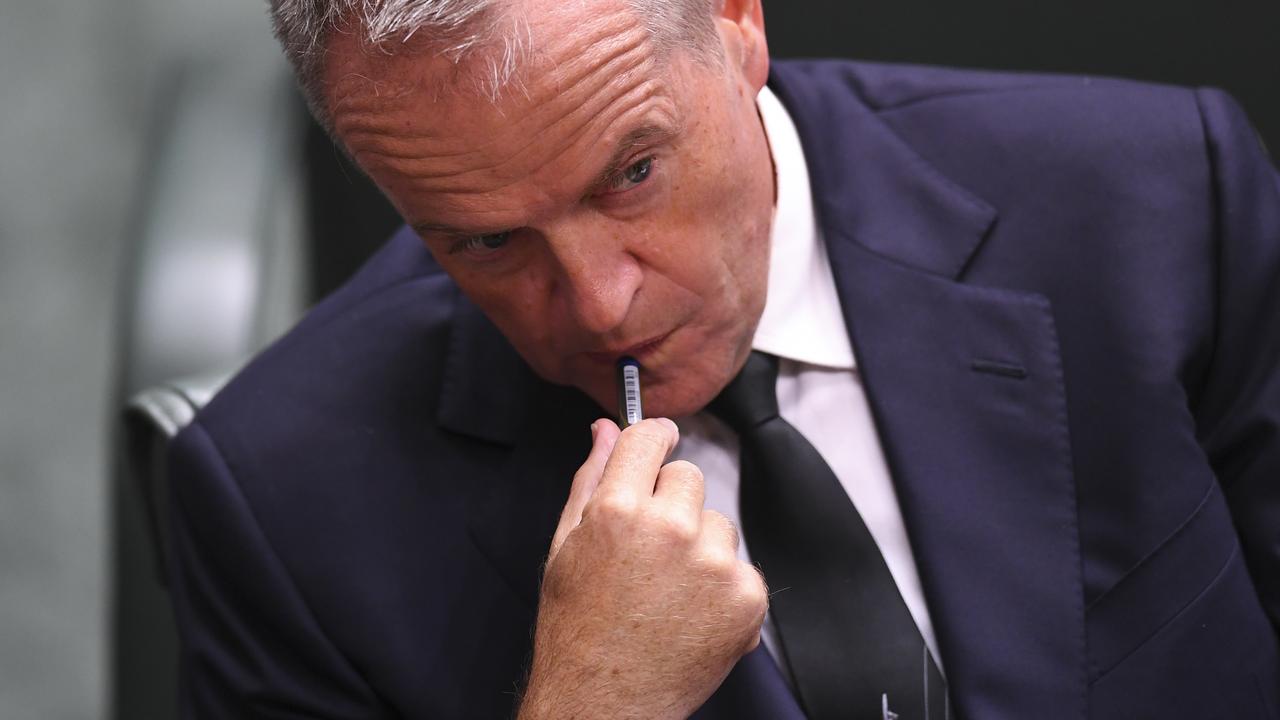
THE ‘NIGHTMARE’ SCENARIO
So how much damage could a scare campaign on border protection do this time?
Mr Reece says it depends how many asylum seekers are moved to Australia because of the legislation passed this week — and whether the process is seen to be a fair and orderly one.
“If it is seen to be reasonable, if that plays out in an orderly way, then the potency of the scare campaign diminishes significantly,” he says.
“But if 100 per cent of the people on Manus Island and Nauru get moved to Australia, and the process is seen to be one that is not orderly, or is being misused in some way, then I think that may give a little bit more potency to it.
“Even more significantly, if boats start up again in any great numbers and those boats manage to penetrate the navy and border force, then, yep, this will become a front-page issue. That is the Labor Party’s election nightmare.”
Whatever happens, Mr Shorten is now fighting on “the Liberal Party’s preferred turf”.
“Will it work as a scare campaign? Well, maybe. But it will certainly have the impact of making this an issue that is debated right up until the election. And every day where this issue is in the media is a day the Liberals would chalk up as a win,” Mr Reece says.
“The Liberals want to campaign on this. Labor doesn’t. Labor wants to campaign on things like the banking royal commission, or schools and hospitals.
“In pure, mercenary political terms, there is no doubt it’s a gamble for Bill Shorten.”
Mr Reece has one clear, urgent piece of advice for Labor.
“They need to as quickly as possible move the political debate onto something else, whether it’s tax policies, health policies, education policies,” he says.
“Every day they spend fighting the Liberals on boats, refugees and border security is a day they are losing ground to the government.”




